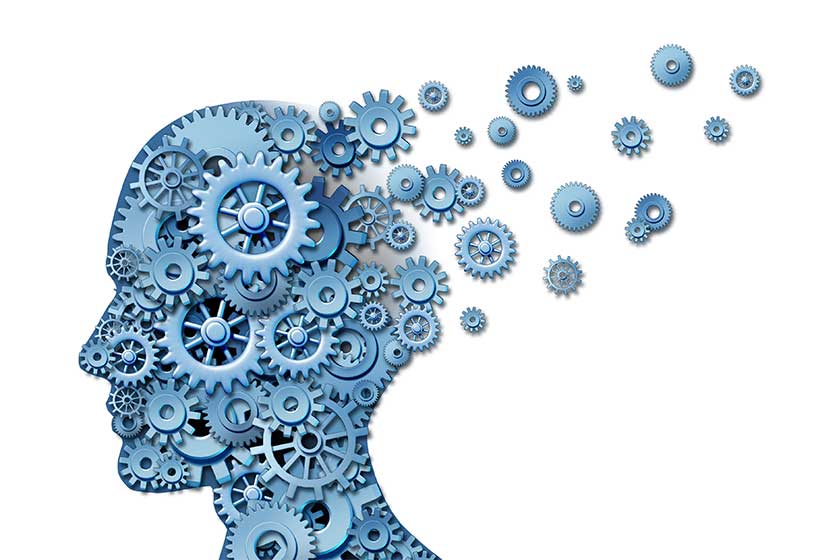As we age, understanding and recognizing the signs of various health conditions becomes increasingly important. One such condition that often affects the elderly is dementia, a term that refers to a group of symptoms affecting memory, thinking, and social abilities. To help you navigate this complex topic, we’re going to explore the 3 types of dementia: Alzheimer’s disease, vascular dementia, and Lewy body dementia.
Alzheimer’s Disease: The Most Common Form of Dementia
The most common form of dementia, Alzheimer’s disease, affects memory, thinking skills, and the ability to carry out simple tasks. It’s a progressive disease, meaning it worsens over time, causing a gradual loss of cognitive abilities. Symptoms often start with mild memory loss, difficulties completing familiar tasks, or confusion about time or place. As the disease progresses, symptoms can include serious memory loss, mood and behavior changes, and difficulties speaking, swallowing, or walking.
While there’s no known cure for Alzheimer’s, early diagnosis and certain medications can help manage its symptoms. Also, maintaining a healthy lifestyle with regular exercise, a balanced diet, mental stimulation, and social interaction can potentially slow the disease’s progression and enhance the quality of life.
Vascular Dementia: When Blood Flow to the Brain is Restricted
Vascular dementia, the second most common type of dementia, occurs when the blood supply to the brain is reduced or blocked. It can be caused by a stroke or small blood vessel damage, which leads to deprived oxygen and nutrients in brain cells, causing their death. Symptoms can vary greatly depending on the severity of the blood vessel damage and the part of the brain it affects. However, common signs include problems with speed of thinking, concentration, communication, memory, and physical mobility.
Similar to Alzheimer’s disease, while there’s no cure for vascular dementia, early detection and lifestyle changes can significantly manage the condition. Keeping diabetes, high blood pressure, and cholesterol levels under control can prevent further damage to your brain’s blood vessels.
Lewy Body Dementia: A Complex and Challenging Condition
Lewy body dementia is characterized by the build-up of proteins known as Lewy bodies in the brain. This type of dementia often affects one’s ability to think, reason, and process information. Along with cognitive problems, it can also cause physical symptoms such as Parkinson’s disease-like tremors, visual hallucinations, and issues with alertness and attention.
The management of Lewy body dementia involves medications to control symptoms, as well as non-drug approaches like physical therapy, counseling, and maintaining a regular daily routine.
Knowledge is Power in Navigating Dementia
Understanding the 3 types of dementia – Alzheimer’s disease, vascular dementia, and Lewy body dementia – can equip you with the knowledge to recognize the signs and seek early medical intervention. It’s crucial to remember that having memory troubles doesn’t necessarily mean you have dementia. However, if you or a loved one are experiencing symptoms that interfere with daily life, it’s essential to consult a healthcare provider.
Each type of dementia has its own challenges, but with the right knowledge, care, and support, living with dementia can still involve quality of life and moments of joy. After all, aging is a journey that comes with its ups and downs, but armed with knowledge and understanding, we can face those challenges head-on.







